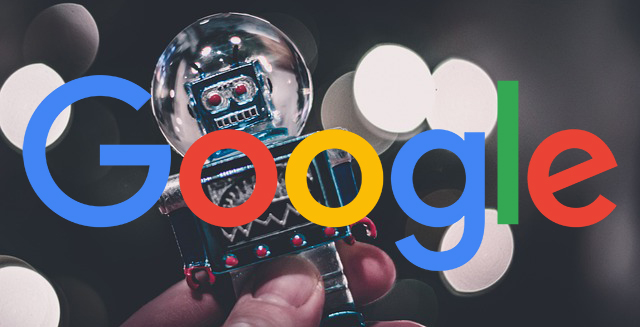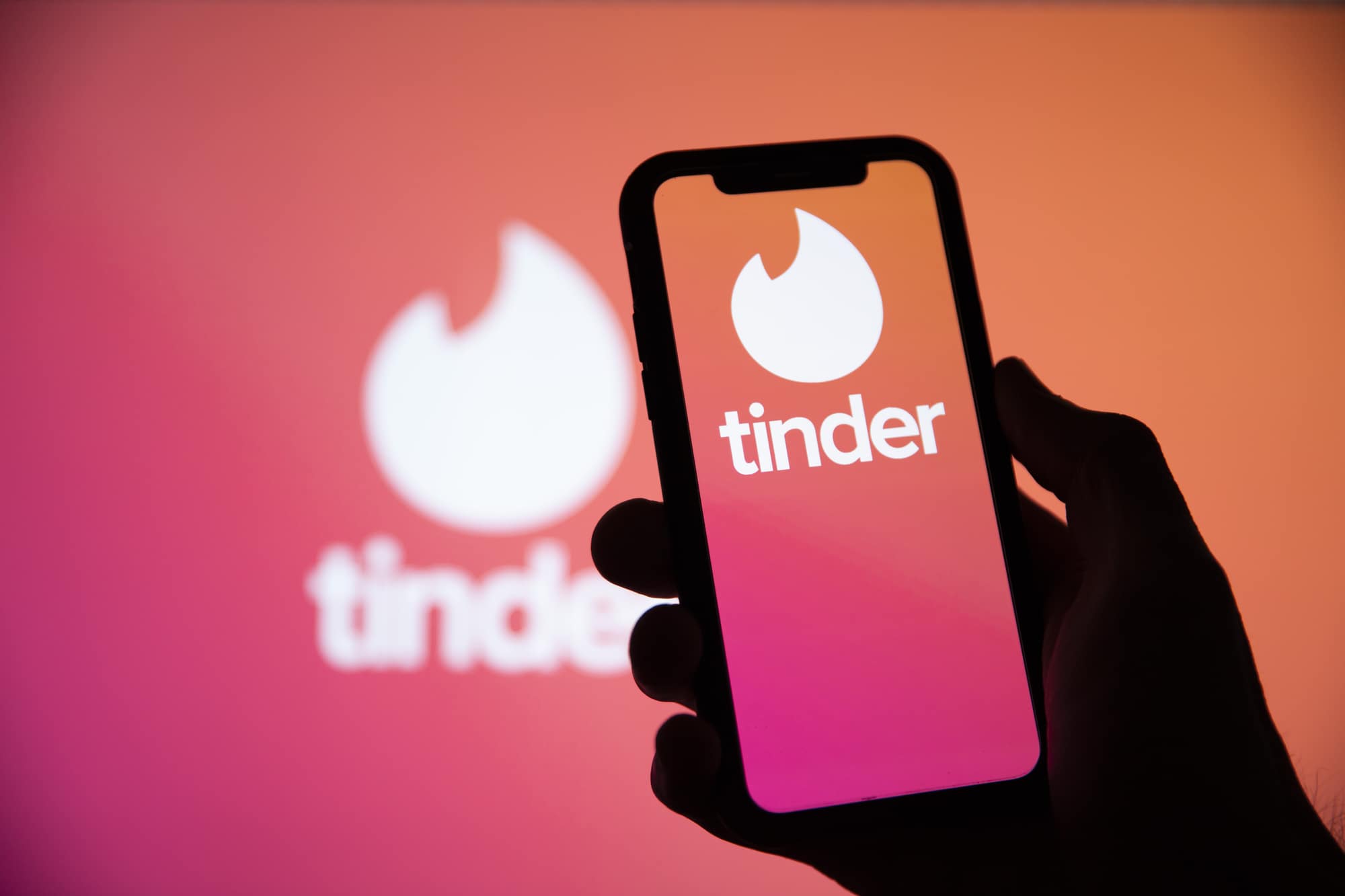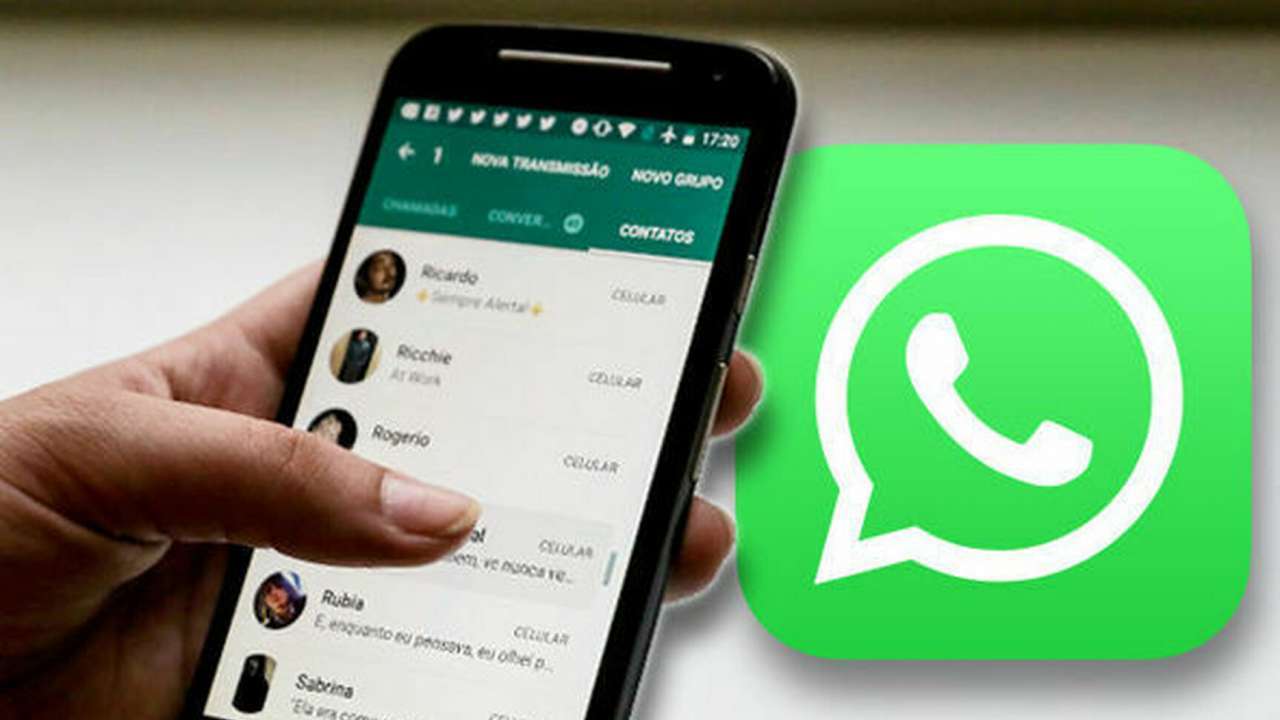Countering OpenAI’s ChatGPT, Google has finally come up with it’s own AI chatbot called Bard – that’s described as an “experimental conversational AI service” by Sundar Pichai.
Google Bard relies on the LaMDA language model, which can perform various AI functions like conversations, coding, and sharing reliable solutions to tough questions – just like ChatGPT. It’s now available to a limited group of people, with public testing opening in the coming weeks.
Google Bard For the New-Age World
Sooner than expected, Google showed up with it’s own answer to ChatGPT today – named as Bard. While we expected the name to be more intriguing, Google hints that this tool is a bit more sophisticated than ChatGPT.
Announcing it, the company’s CEO Sundar Pichai said Bard could answer user queries and take part in conversations. It draws needed information from the web to “provide fresh, high-quality responses,” – hinting that Bard can answer the latest questions, something that ChatGPT is still struggling with.
2/ Bard seeks to combine the breadth of the world's knowledge with the power, intelligence, and creativity of our large language models. It draws on information from the web to provide fresh, high-quality responses. Today we're opening Bard up to trusted external testers. pic.twitter.com/QPy5BcERd6
— Sundar Pichai (@sundarpichai) February 6, 2023
Well, it at least created enough havoc to pull the tech giants into it’s space – where Google started making it’s own similar AI chatbot, and Microsoft invested heavily into OpenAI for integrating it’s ChatGPT to Bing Search. Redmond has scheduled a conference tomorrow to talk more about these moves.
Well, until then, you can play with Google Bard – which is now open to a very limited number of people whom Google calls “trusted testers”, with a wide public testing opening in the coming weeks. Until then, Google’s hype about this tool is all we got.
The company says Bard uses it’s LaMDA language model, similar to ChatGPT using GPT 3.5. This helps the tool to understand user queries and respond with a much more realistic answer. Well, Google is also cautious about the negative effects this tool may potentially have! Research revealed that ChatGPT had made some serious mistakes, like spreading hate speech and even answering fake information confidently.
Thus, Pichai wants users to ask their bot more realistic questions so as “external feedback with it’s own internal testing can make sure Bard’s responses meet a high bar for quality, safety, and groundedness with real-world information.”
Other Trending News:- News








